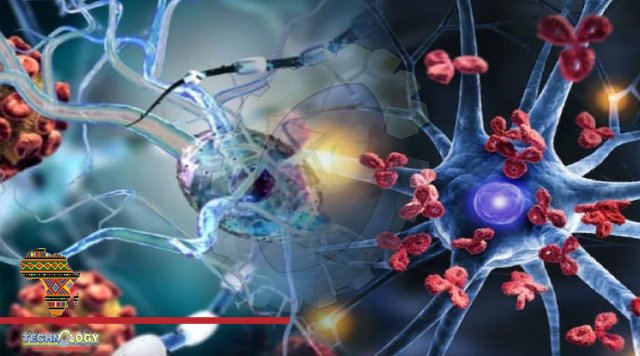For almost three years, scientists have raced to understand the immune responses in patients who develop severe Long Covid, with an enormous effort aimed at defining where healthy immunity ends and destructive immunity begins.

In the early days of the Long Covid pandemic, much attention focused on reports of harmful inflammation and so-called cytokine storms – dangerous immune overreactions that can lead to tissue damage and death – in patients with severe COVID-19. It wasn’t long before researchers began to identify antibodies that target the patient’s own body rather than attacking SARS-CoV-2, the virus the causes COVID-19. Those studies revealed that patients with severe COVID-19 share some of the key traits of chronic autoimmune diseases – diseases in which the patient’s immune systems chronically attack their own tissues. Scientists have long suspected and sometimes even documented links between viral infection and chronic autoimmune diseases, but the research remains murky. However, the COVID-19 pandemic has offered an opportunity to better understand potential connections between these conditions.As an immunologist and member of an interdisciplinary team of physicians and scientists investigating the intersection between COVID-19 and autoimmunity, I have been working to understand the origins of these untamed antibody responses and their long-term effects.
Our new study, published in the journal Nature, helps shed light on these questions. We now know that in patients with severe COVID-19, many of the developing antibodies responsible for neutralizing the viral threat are simultaneously targeting their own organs and tissues. We also show that self-directed antibodies can persist for months or even years in those suffering from long COVID-19.As researchers like us continue to study COVID-19, our understanding of the link between antiviral immunity and chronic autoimmune disease is rapidly evolving.It’s easy to assume that your immune system is laser-focused on identifying and destroying foreign invaders, but that isn’t the case – at least under some circumstances. Your immune system, even in its healthy state, contains a contingent of cells that are fully capable of targeting and destroying your own cells and tissues. To prevent self-destruction, the immune system relies on an intricate series of fail-safes that are collectively termed self-tolerance to identify and eliminate potentially traitorous immune cells. One of the most important steps in this process occurs as the immune system builds up its arsenal against a potential threat.
Long Covid. When your immune system first encounters a pathogen or even a perceived threat – such as a vaccine that resembles a virus – it rapidly recruits “B” cells that have the potential to become antibody-producers. Then, any of these “naive” B cell recruits – naive being a technical term used in immunology – that demonstrate an ability to competently attack the invader are put into a boot camp of sorts. Here, the cells are trained to better recognize and combat the threat. The training period is intense and mistakes are not tolerated; B cells with any discernible potential for misdirected attacks against their host are killed. However, like any training process, this buildup and mobilization takes time – typically a week or two.So, what happens when the threat is more immediate – when someone is quite literally fighting for their life in an intensive care unit? Researchers now know that under the stress of severe viral infection with SARS-CoV-2, that training process collapses. Instead, it is replaced by an emergency response in which new recruits with little training are rushed into battle.
Source: This news is originally published by allafrica